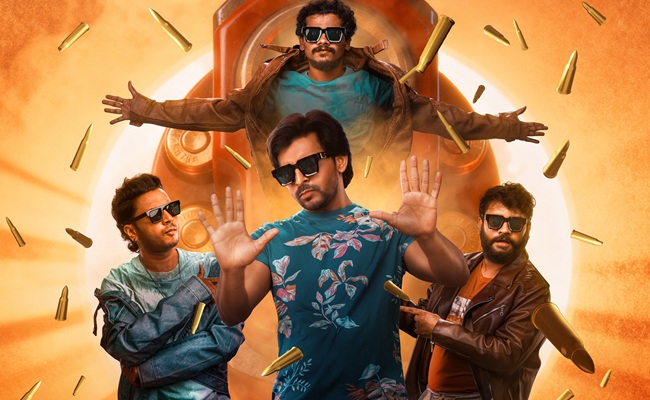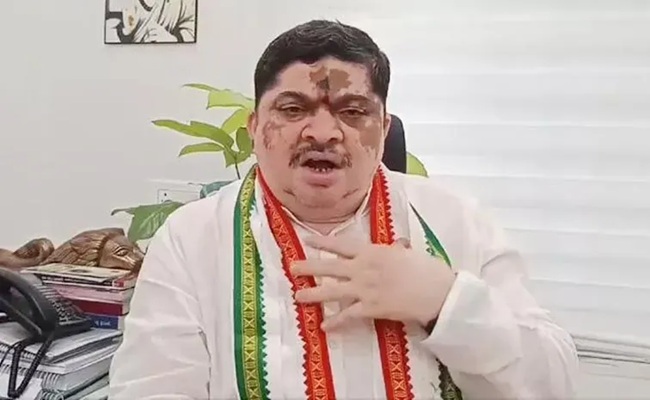
A day after he made national headlines for throwing a shoe at Chief Justice of India (CJI) BR Gavai inside the Supreme Court, advocate Rajesh Kishore said he has no regrets, claiming his act was “God’s will” and a response to the CJI’s alleged comments on Sanatan Dharma.
“I did not do it - God did. The Chief Justice mocked Sanatan Dharma. This was the Almighty’s order, a reaction to an action,” Kishore told reporters, standing by his act of defiance.
The controversy began after CJI Gavai faced backlash online over his remarks during a hearing related to the reconstruction of a seven-foot beheaded idol of Lord Vishnu in Khajuraho.
When the petitioner sought judicial intervention, the CJI reportedly remarked, “Go and ask the deity himself to do something.”
The comment quickly went viral, with many calling it disrespectful toward Hindu beliefs.
Following the criticism, the CJI clarified, “Someone told me that my comments have been portrayed on social media in a certain way. I respect all religions.”
However, the situation escalated dramatically during a Supreme Court hearing when the elderly lawyer hurled a shoe toward the CJI.
The footwear landed in front of the bench, but Justice Gavai remained calm and continued the proceedings, saying, “I am the last person to be affected by such things. Please continue.”
Kishore was immediately taken into custody for questioning by security agencies. Later, the Chief Justice directed the court registry not to take any action against him, displaying restraint in handling the incident.
Despite this, the Bar Council of India (BCI) swiftly suspended Kishore’s license to practice law.
Reacting strongly, Kishore said, “The Bar Council of India has crossed all limits. They suspended me without referring the matter to any disciplinary committee and without even hearing me out.”
The incident has sparked intense debate across legal and political circles - raising questions about courtroom security, judicial sensitivity, and the growing trend of religious polarization in public discourse.












